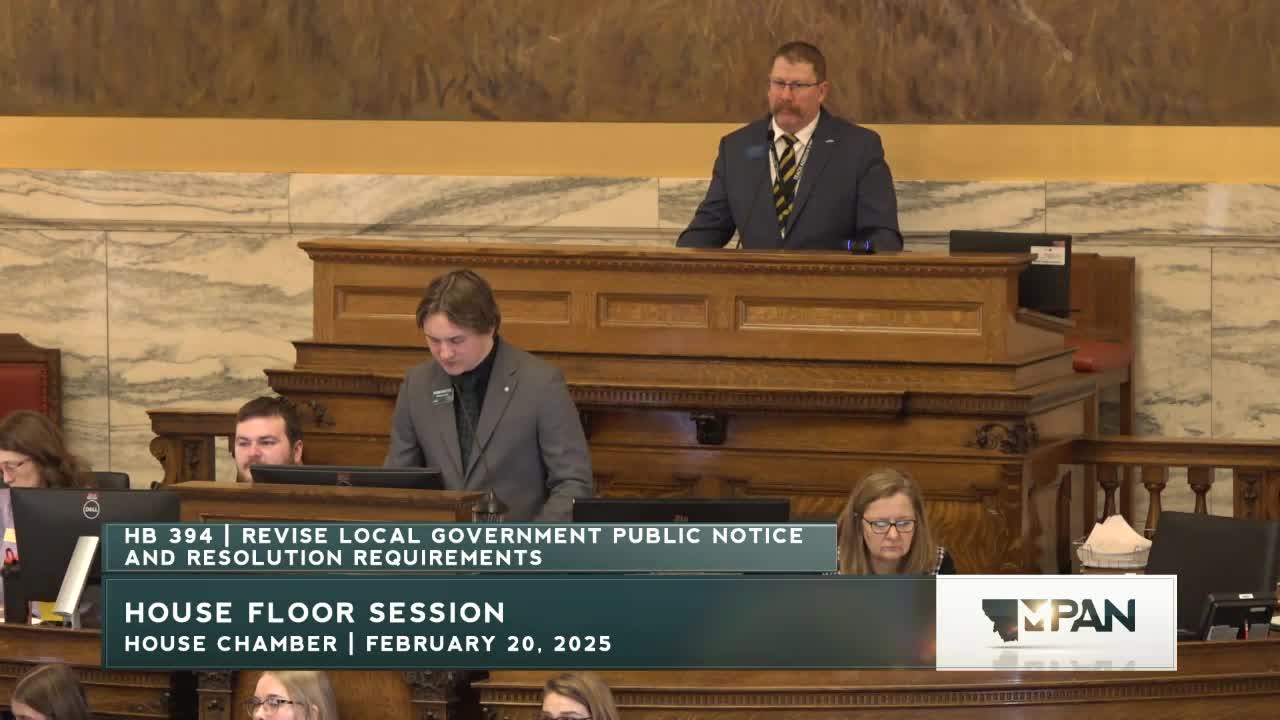House panel approves revisions to voting law on 'unsound mind' and penal‑institution definitions amid strong objections
Get AI-powered insights, summaries, and transcripts
Subscribe
Summary
House Bill 395, a Department of Justice request to define ‘penal institution’ and ‘unsound mind’ for voting eligibility, was recommended do pass after lawmakers debated civil‑commitment impacts and court procedures.
Representative Mitchell presented House Bill 395, a Department of Justice request bill that defines “penal institution” and “unsound mind” for purposes of voting eligibility and sets procedures courts should follow when determining whether someone is of unsound mind for voting purposes.
Mitchell said the changes close an identified legal loophole after a 2024 district-court ruling that allowed an individual housed at the Montana State Hospital to vote because statutes lacked clear definitions. The sponsor emphasized courts must make determinations; the bill does not automatically strip voting rights from anyone.
Opponents raised concerns that the bill could expand the circumstances under which civilly committed or criminally adjudicated individuals could lose the franchise, and that the statutory definitions are broad. Representative Kordom highlighted a drafting change that could blur distinctions between penal and mental‑health facilities; Representative Strand called the draft a “Pandora’s box” and urged further work. Representative Rivas, a former public defender, said civil commitment cases occur frequently and warned the bill could remove voting rights for people placed in treatment through civil proceedings; he noted the bill contains restoration clauses but warned those could be changed in future sessions.
Supporters argued the bill fills a constitutional and statutory gap and restores consistency between election law and existing mental‑health statutes. Representative Jay Fitzpatrick and others said a 2024 Anaconda district‑court case illustrated the need for clearer law.
The Committee of the Whole recommended House Bill 395 do pass on second reading by a recorded vote, 57 yes to 43 no.
